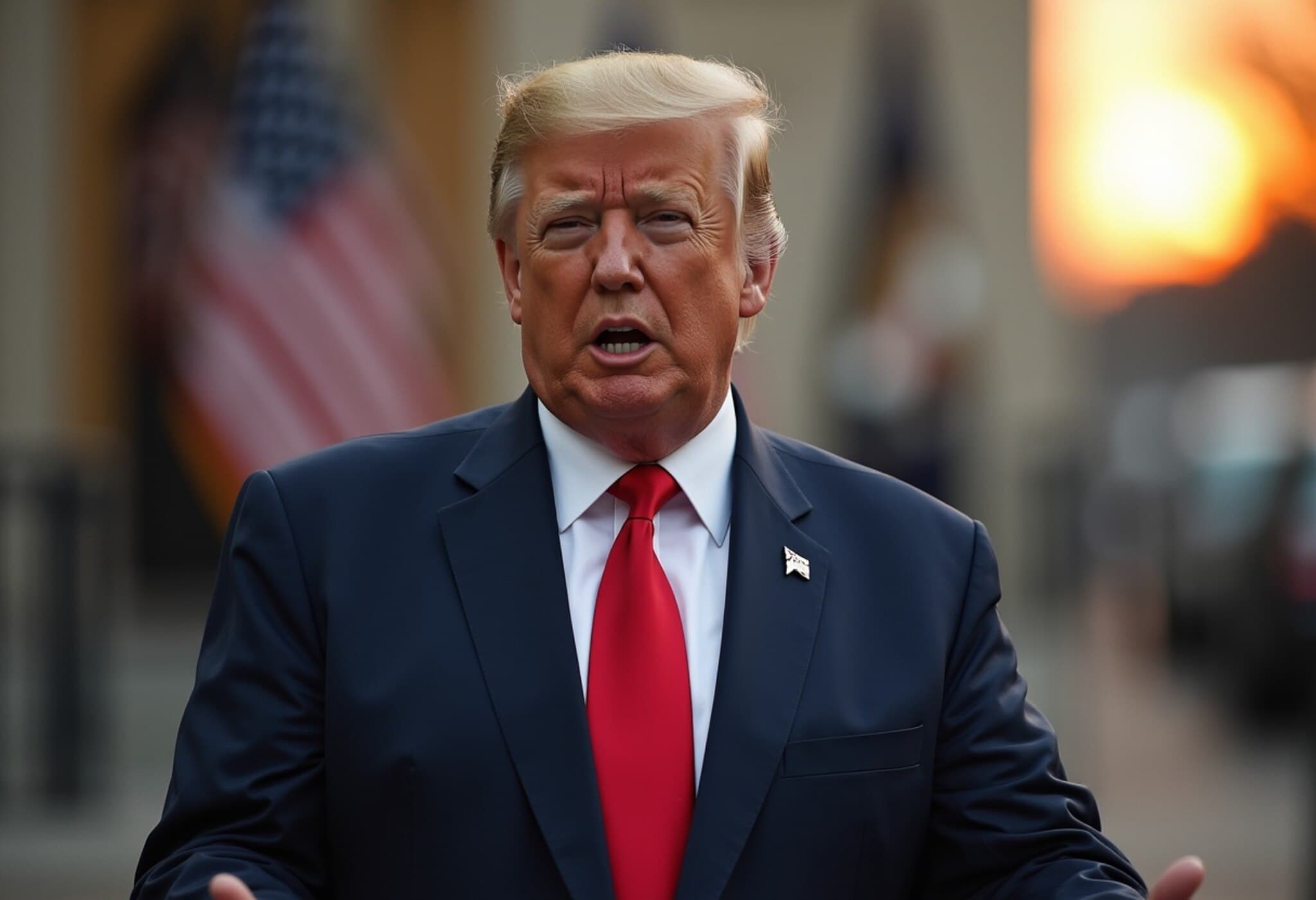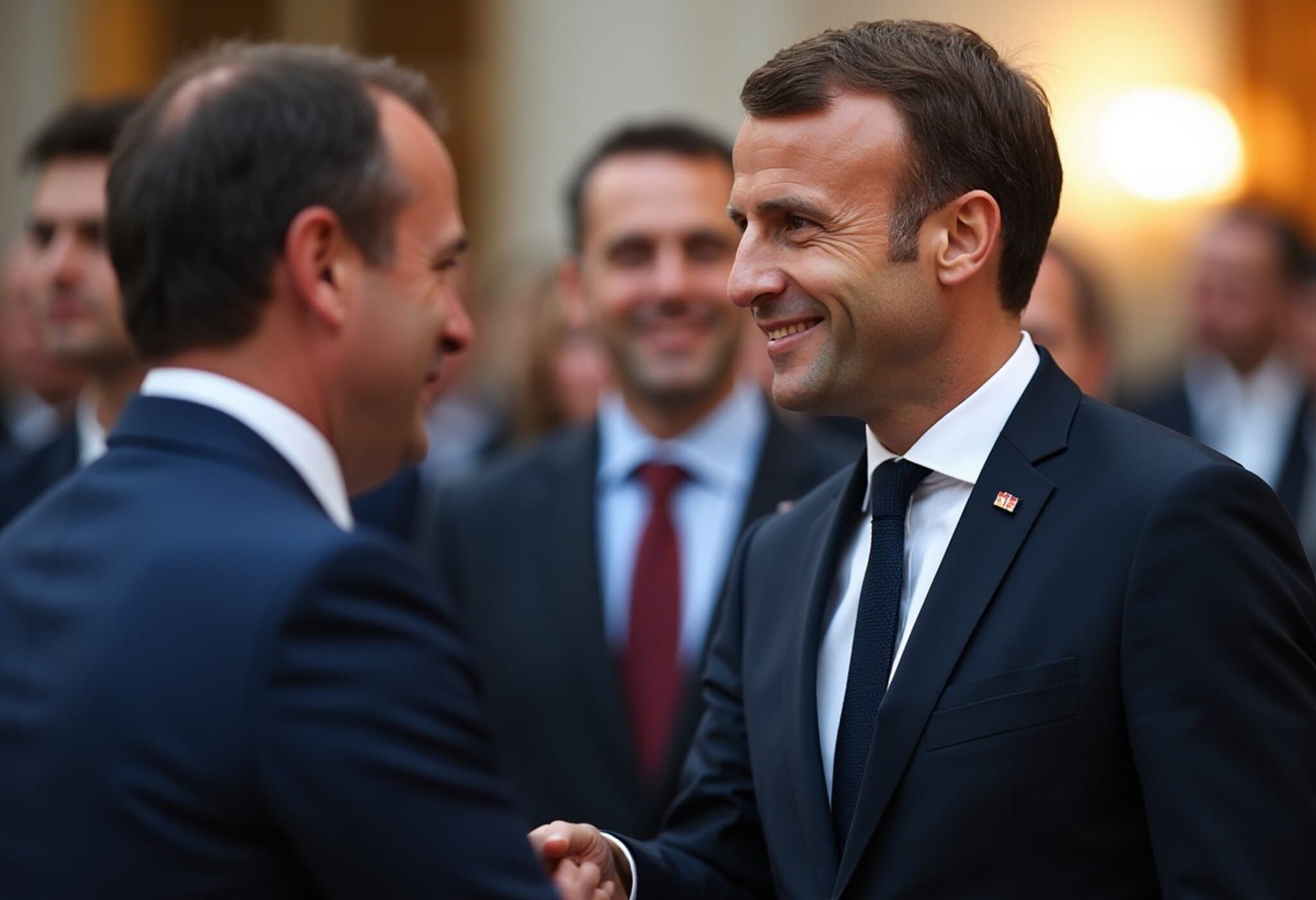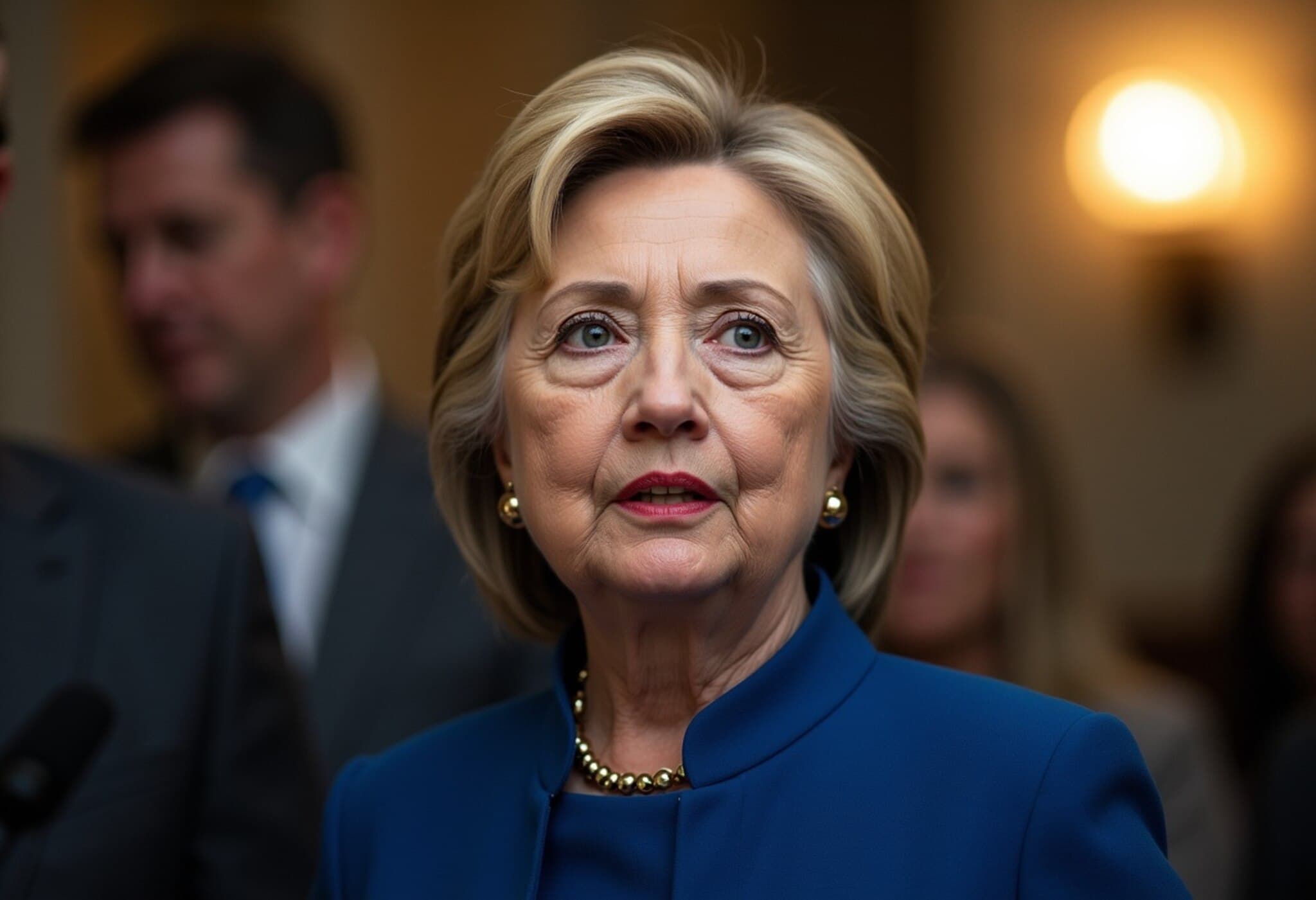Trump Surprised by Recent Israeli Strikes in Syria and Gaza
In a recent development that has added complexity to the fragile Middle East situation, U.S. President Donald Trump has reportedly been caught off guard by the latest Israeli military operations in Syria and Gaza. White House Press Secretary Karoline Leavitt confirmed on July 22, 2025, that Trump was taken aback by Israeli Defense Forces’ strikes, including one incident that hit a Catholic church in Gaza, causing civilian casualties and international outcry.
Leavitt explained that President Trump maintains a longstanding and robust relationship with Israeli Prime Minister Benjamin Netanyahu, often referred to as "Bibi". Following the unexpected escalation, Trump promptly reached out to Netanyahu to express his concerns and urge corrective measures, highlighting the sensitivity of the current conflict.
Calls for Immediate Ceasefire Amid Escalating Violence
The White House spokesperson underscored Trump’s deep concern over the mounting death toll in Gaza, painting a grim picture of the humanitarian crisis unfolding in the region. "The violence has escalated to brutal levels, especially in recent days," Leavitt said, reflecting the president’s desire for an immediate end to hostilities.
Trump’s administration is actively advocating for a ceasefire that would pave the way for negotiations and, crucially, the release of hostages held in Gaza, which remains a top priority. This push for peace aligns with Trump’s broader diplomatic agenda in the Middle East, where he has also sought to support the new Syrian government amidst a complex web of regional tensions.
Challenges Posed by Israeli Military Actions
However, the recent Israeli airstrikes complicate U.S. efforts. Last week’s attack on a Catholic church in Gaza resulted in three fatalities and sparked widespread condemnation. Simultaneously, Israel’s military engagement in Damascus during Syrian sectarian violence has been described by Trump’s special envoy to Syria, Tom Barrack, as "creating another very confusing chapter" in an already tumultuous landscape.
These developments threaten to unsettle delicate diplomatic balances and jeopardize humanitarian operations, intensifying international scrutiny.
Humanitarian Aid and Diplomatic Efforts
President Trump has been credited by the White House with facilitating the distribution of humanitarian aid to Gaza, emphasizing the administration’s commitment to alleviating civilian suffering amid the conflict. Leavitt highlighted that Trump's involvement has been critical, especially considering the complexities inherited from prior governmental policies.
"It's a very difficult and complicated scenario that the president inherited because of the weakness of the last administration," she remarked, stressing that ongoing efforts are focused on fostering peace and facilitating aid despite difficult circumstances.
Broader Implications for U.S. Foreign Policy
Trump’s response to the Israeli strikes reflects a challenging balancing act familiar to American policymakers: supporting key allies like Israel while managing humanitarian concerns and regional stability. The situation also raises broader questions about the effectiveness of current U.S. diplomatic channels in the Middle East, the future of Syrian governance, and the role of international law in mitigating civilian casualties during armed conflict.
Experts note that this episode illustrates the persistent volatility in the region and underscores the urgency for innovative approaches to conflict resolution and peacebuilding.
Editor’s Note
President Trump’s surprise at Israeli military actions amid his peace overtures underscores the complex and often unpredictable nature of Middle East geopolitics. While his calls for ceasefire and humanitarian aid mark a significant commitment, the underlying regional dynamics present formidable obstacles. As global attention intensifies on Gaza and Syria, questions remain about the capacity of U.S. leadership to navigate these crises effectively and whether these recent events may reshape policy priorities moving forward.



















